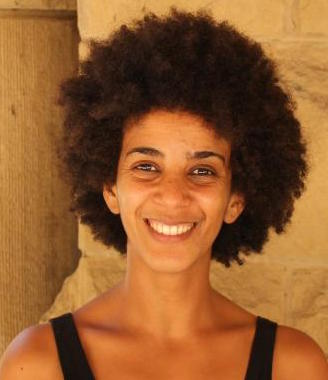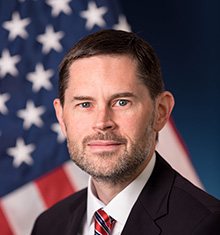

| Start Time | Title | Speaker |
| 08:30 | Welcome, Introductory Remarks | Jan Ernst (Siemens Research) |
| 08:40 | Tackling visual ambiguity: automated detection of hard examples | Animashree Anandkumar (Caltech & NVIDIA) |
| 09:15 | Lessons from Archives: Strategies for Collecting Sociocultural Data in Machine Learning | Timnit Gebru (Google) |
| 09:50 | Learning More from Less | John R. Smith (IBM T.J. Watson Research Center) |
| 10:20 | Coffee Break | |
| 10:35 | Adapting to shifted data distributions | Kate Saenko (Boston University) |
| 11:10 | Forcing Vision + Language Models To Actually See, Not Just Talk | Devi Parikh (Georgia Tech & Facebook AI Research) |
| 11:45 | Practical aspects of fairness in recommendations | Chen Karako-Argaman (Shopify) |
| 12:20 | Structured knowledge for biased & scarce data | Matt Turek (DARPA) [video] |
| 12:50 | Closing Remarks | Jan Ernst |
 Animashree Anandkumar Caltech & NVIDIA |
 Timnit Gebru |
 Devi Parikh Georgia Tech & Facebook AI Research |
 Kate Saenko Boston University |
 John R. Smith
IBM T.J. Watson Research Center
|
 Matt Turek DARPA |
 Chen Karako-Argaman Shopify |
|
|
Ziyan Wu UII America |
Srikrishna Karanam UII America |
Kuan-Chuan Peng Siemens Research |
© VBSD 2019